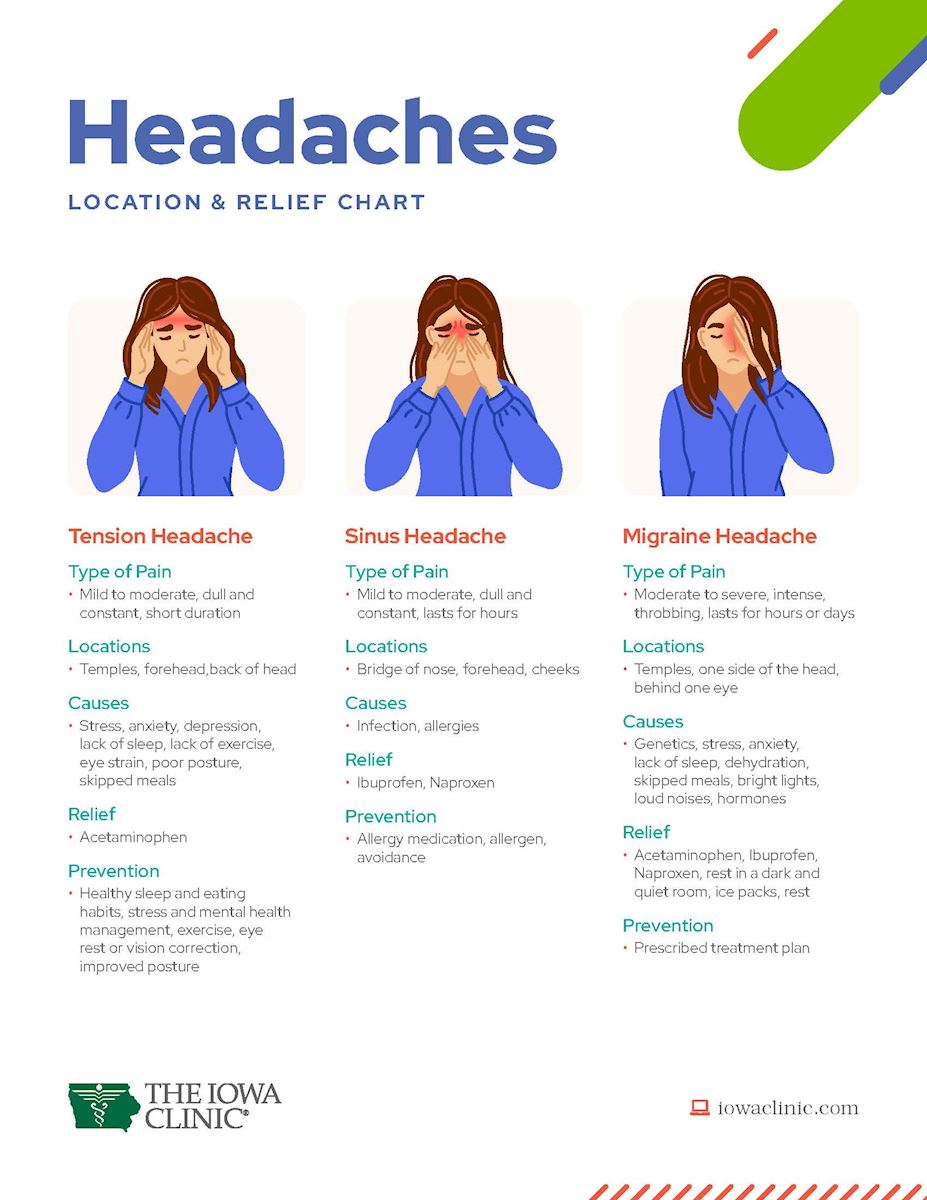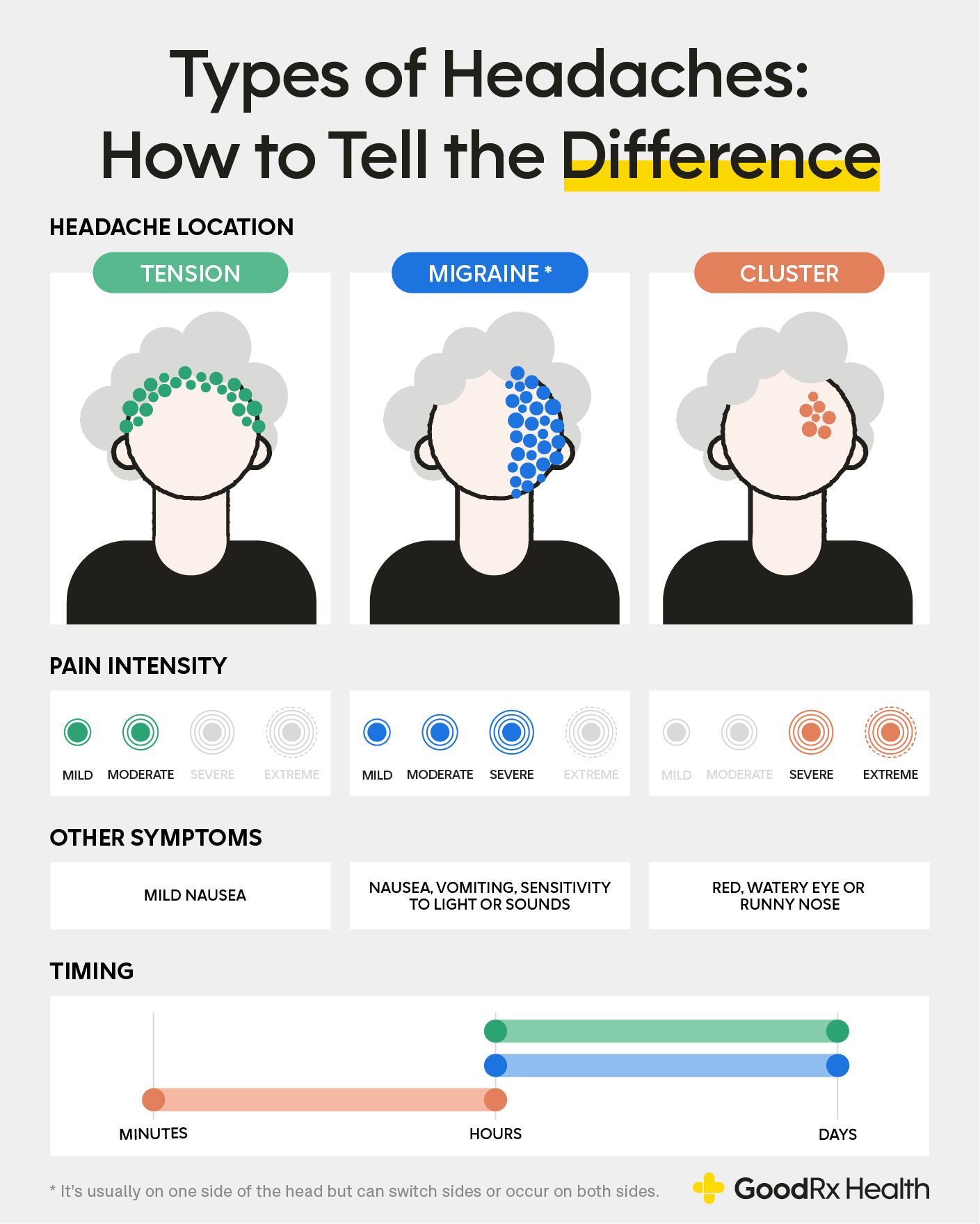We deliver to you every day from 7:00 to 23:00
The best discounts this week
Every week you can find the best discounts here.
Can Ibuprofen Help with Tension Headaches?
Tension headaches are a common type of headache that many people experience. They can cause discomfort and disrupt daily life, but the good news is that over-the-counter medications, such as ibuprofen, can help alleviate the symptoms. In this article, we will explore what tension headaches are, how ibuprofen works, and whether it is an effective treatment for this type of headache.
What Are Tension Headaches?
Tension headaches are the most prevalent type of headache, often caused by stress, anxiety, poor posture, or muscle strain. They typically cause a dull, aching pain around the forehead or the back of the head and neck. Unlike migraines, which are often accompanied by nausea or visual disturbances, tension headaches tend to be more consistent and are not usually linked with other symptoms.
Common Symptoms of Tension Headaches:
-
Dull, aching pain around the head.
-
Tightness or pressure in the neck, shoulders, or scalp.
-
Mild to moderate pain intensity.

Tension headaches can last anywhere from 30 minutes to several days. They can interfere with your ability to concentrate and carry out daily activities, but fortunately, there are treatments available to help manage the pain.
How Does Ibuprofen Work?
Ibuprofen is a nonsteroidal anti-inflammatory drug (NSAID) that is commonly used to treat various types of pain, including headaches. It works by blocking the production of certain chemicals in the body, called prostaglandins, which cause inflammation, pain, and fever.
How Ibuprofen Helps with Tension Headaches:
-
Reduces inflammation in the muscles and tissues around the head and neck.
-
Alleviates pain by inhibiting the production of pain-causing chemicals.
-
Relieves discomfort and helps restore normal function, allowing you to get back to your day.
Unlike aspirin or acetaminophen, ibuprofen is particularly effective at reducing inflammation, which can be a key contributor to tension headaches.
:max_bytes(150000):strip_icc()/using-ibuprofen-to-treat-headaches-1719875_v2-0797b31f73014a31b2127a665e79bcf0.png)
Is Ibuprofen Effective for Tension Headaches?
Many people find that ibuprofen can provide significant relief from the symptoms of tension headaches. Since these headaches are often caused by muscle tightness or stress, reducing inflammation in the affected muscles can help alleviate the pressure and pain.
Benefits of Using Ibuprofen for Tension Headaches:
-
Fast-Acting: Ibuprofen starts working relatively quickly, often within 30 minutes to an hour.
-
Widely Available: Ibuprofen is available over the counter, making it an easy option for those seeking relief.
-
Cost-Effective: As a generic medication, ibuprofen is affordable for most people.
However, while ibuprofen can effectively treat the symptoms, it does not address the underlying causes of tension headaches, such as stress or posture issues. For long-term relief, it’s important to also manage those triggers.
When Should You Avoid Ibuprofen?
While ibuprofen can be helpful for treating tension headaches, it’s not always the right choice for everyone. Some people may have underlying health conditions that make taking ibuprofen dangerous.
Conditions that May Require Caution:
-
Stomach Ulcers or Gastrointestinal Issues: Ibuprofen can irritate the stomach lining, leading to ulcers or gastrointestinal bleeding.
-
Kidney Disease: People with kidney problems should consult a doctor before taking ibuprofen, as it can affect kidney function.
-
Heart Problems: NSAIDs like ibuprofen may increase the risk of heart attack or stroke in some individuals.
If you are unsure whether ibuprofen is suitable for you, it’s always best to consult with a healthcare provider before taking it for headache relief.
Alternative Treatments for Tension Headaches
If ibuprofen does not work for your tension headaches or if you prefer not to rely on medication, there are several other treatments you can explore.
Non-Medical Approaches:
-
Massage Therapy: Massaging the neck and shoulder muscles can help relieve tension and improve blood circulation.
-
Physical Therapy: Strengthening the muscles in the neck and shoulders can prevent tension buildup and reduce the frequency of headaches.
-
Stress Management Techniques: Practicing relaxation exercises such as meditation, yoga, or deep breathing can help reduce stress levels, which are often a trigger for tension headaches.
Over-the-Counter Alternatives:
-
Acetaminophen: Like ibuprofen, acetaminophen can be used to relieve pain, although it does not address inflammation.
-
Aspirin: Aspirin is another NSAID that can reduce pain, though it may have a stronger effect on blood thinning than ibuprofen.

Preventing Tension Headaches
Preventing tension headaches is often more effective than treating them after they occur. There are several strategies you can use to reduce the frequency and severity of these headaches.
Tips for Preventing Tension Headaches:
-
Maintain Good Posture: Avoid slouching or staying in one position for long periods.
-
Regular Breaks: Take short breaks throughout the day to stretch and relax your muscles, especially if you sit at a desk for long hours.
-
Stress Reduction: Practice stress management techniques such as meditation, deep breathing, or engaging in relaxing activities.
Frequently Asked Questions
1. How much ibuprofen should I take for a tension headache?
The standard dose for adults is 200-400 mg every 4-6 hours, but it’s important not to exceed 1200 mg per day unless advised by a doctor.
2. Can ibuprofen be used for chronic tension headaches?
Yes, ibuprofen can be used for chronic tension headaches, but it’s important to use it under a doctor’s guidance to avoid potential side effects from long-term use.
3. Are there any side effects of using ibuprofen?
Some common side effects of ibuprofen include stomach irritation, dizziness, or drowsiness. If you experience severe side effects like difficulty breathing or swelling, seek medical attention immediately.
4. Can lifestyle changes help prevent tension headaches?
Yes, lifestyle changes such as improving posture, reducing stress, and practicing regular physical activity can help prevent tension headaches.
Conclusion
Ibuprofen can be an effective treatment for relieving the pain associated with tension headaches, providing fast and affordable relief. However, it’s important to be mindful of potential side effects and underlying conditions that may make it unsuitable for certain individuals. For long-term relief, a combination of medication and lifestyle changes, such as stress management and posture correction, is recommended.
If you continue to experience frequent or severe tension headaches, it’s a good idea to consult a healthcare provider to explore additional treatment options.











